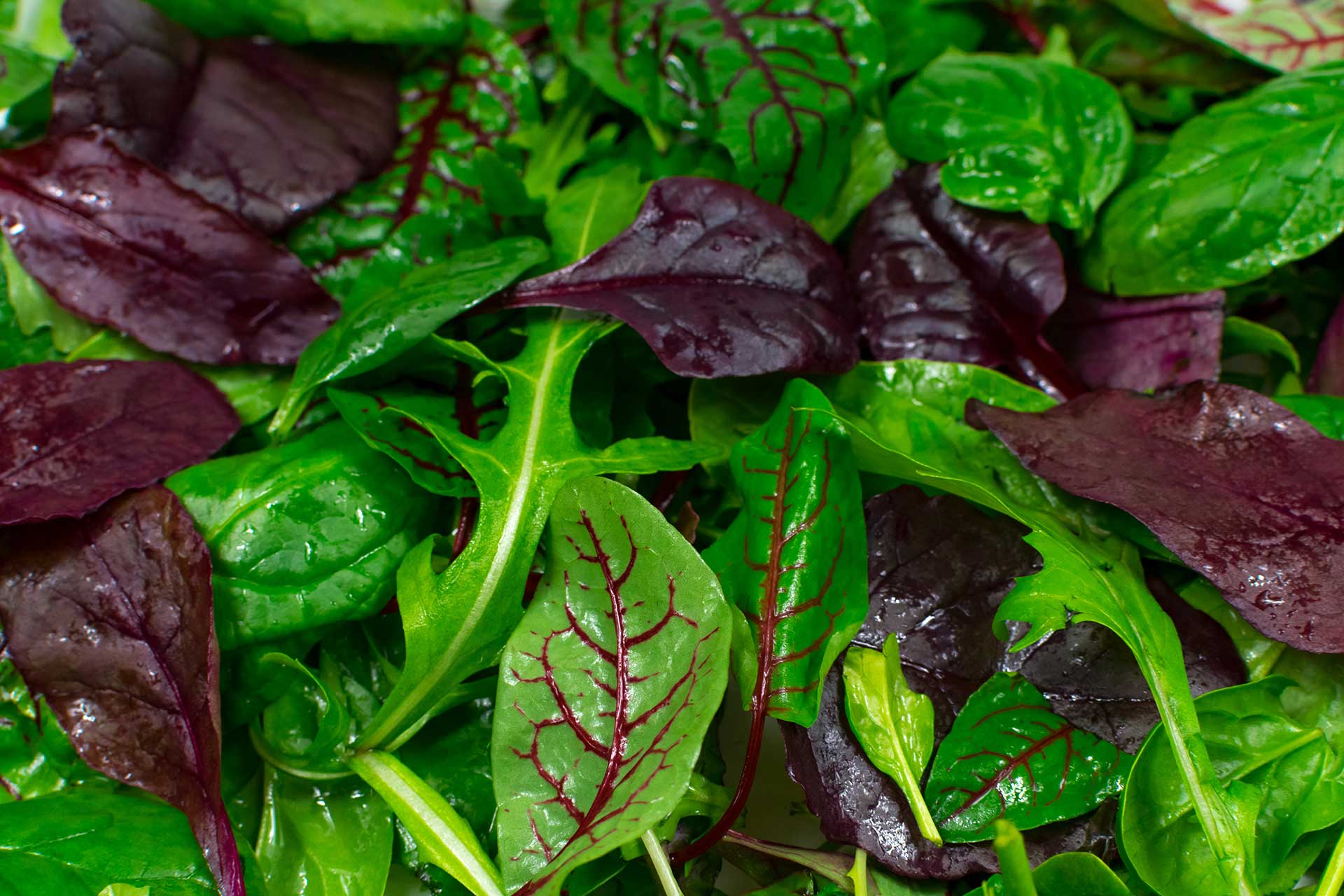Hello all, yesterday I wrote about Obesogens and how they hide in fat tissue.
Not only do these get stored in fat and make it harder for us to shift any excess fat that may get stored, many of these pollutants are also considered endocrine-disruptors. Fat tissue normally acts as an endocrine organ and releases hormones such as leptin that regulate your appetite, satiety and ability to burn calories.
The amount of leptin released is directly related to the amount of fat in the body. More fat equals more leptin.
In a healthy person carrying excess fat, leptin levels increase and this signals the brain to reduce appetite accordingly. The body can then use some of the fat stores to power itself, thus lowering the levels of stored fat.
↑fat cells → ↑levels of leptin→ ↑signals to the brain → appetite ↓
Obesogens (and lack of sleep) can block this signalling from happening effectively so hunger signals are not switched off.
Furthermore, endocrine-disruptors can slow down thyroid function which can slow your metabolism. A healthy liver becomes vital to break down these toxins into less harmful water soluble forms so they can be eliminated from your body (sweat, urine) before they damage your endocrine glands.
Toxins can affect mitochondrial function by damaging certain enzymes that affect fatty acid oxidation and thermogenesis, reducing your ability to burn fat. This is where fasting can help to reset your mitochondria. Oxidative stress and mitochondrial dysfunction are associated with hepatocyte injury (damage to liver cells). This is also part of the cause of non-alcoholic fatty liver disease (NAFLD), where the liver accumulates fat.
There are a few nutrients that can help clear toxins from your fat cells more quickly. The green pigment in green leafy vegetables, known as chlorophyll, has the ability to bind with a variety of toxic substances and remove them from your body with your bowel movements.
Eating plenty of organic leafy greens and use herbs such as thyme, basil, oregano, parsley, arugula (rocket), cilantro (coriander) which are all excellent sources of chlorophyll and antioxidants and natural antibiotics. The main compound in green tea, EGCG, is also a powerful weapon when it comes to relieving your toxic load. It helps reduce your body’s burden of polychlorinated biphenyls and other pollutants.
It’s also essential to support levels of your “master antioxidant”, glutathione which is made in the liver. People who show high levels of pollutants in their bodies often have depleted stores of this antioxidant. Glutathione supplements are not very well absorbed by your intestines but thankfully there’s another nutrient called N-acetylcysteine (NAC) that’s a glutathione precursor.
Take home messages:
Be sure to include plenty of organic and fresh greens to help your liver bind to toxins and remove them.
Avoidance of toxins where possible is KEY to good health.
